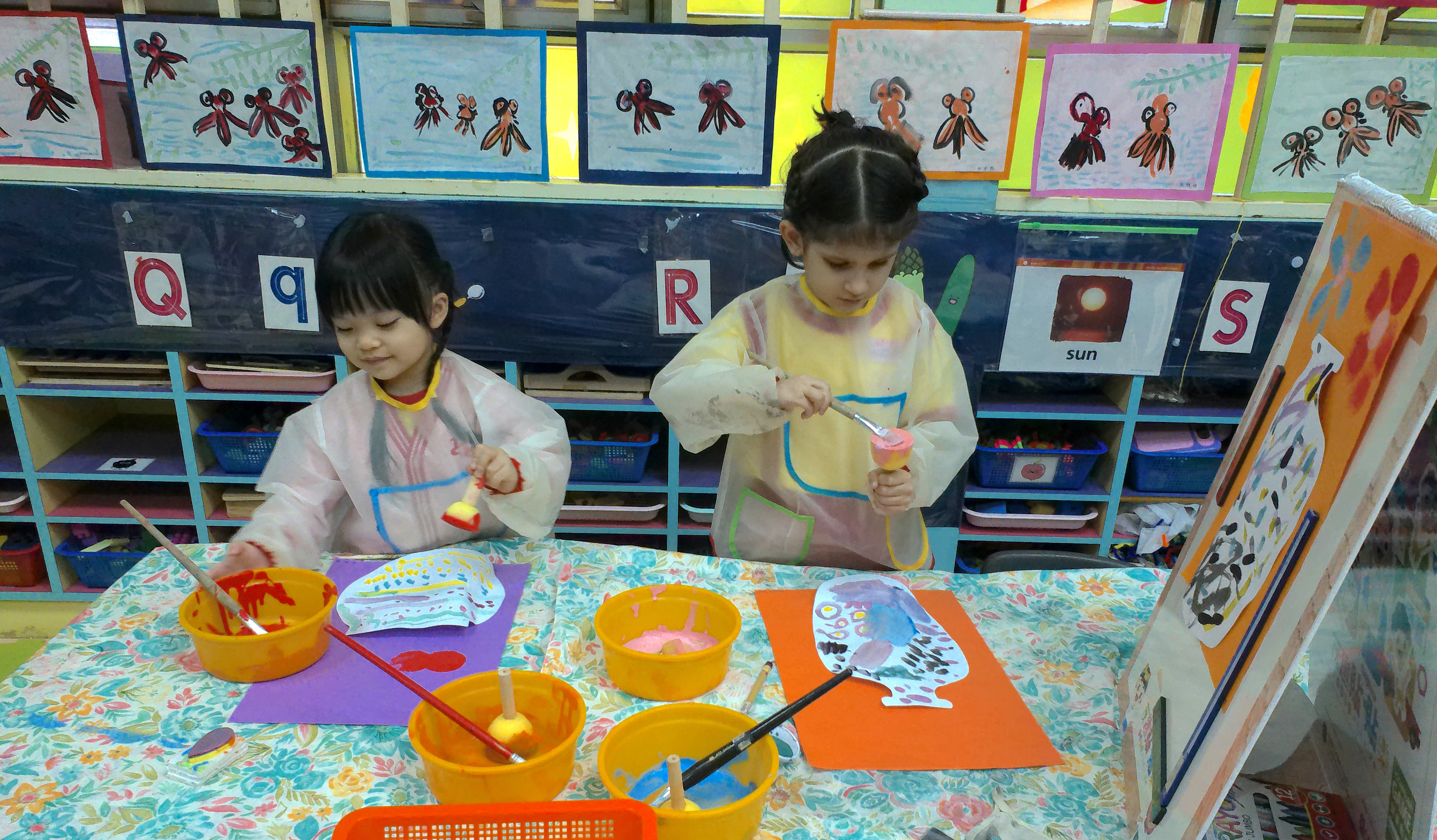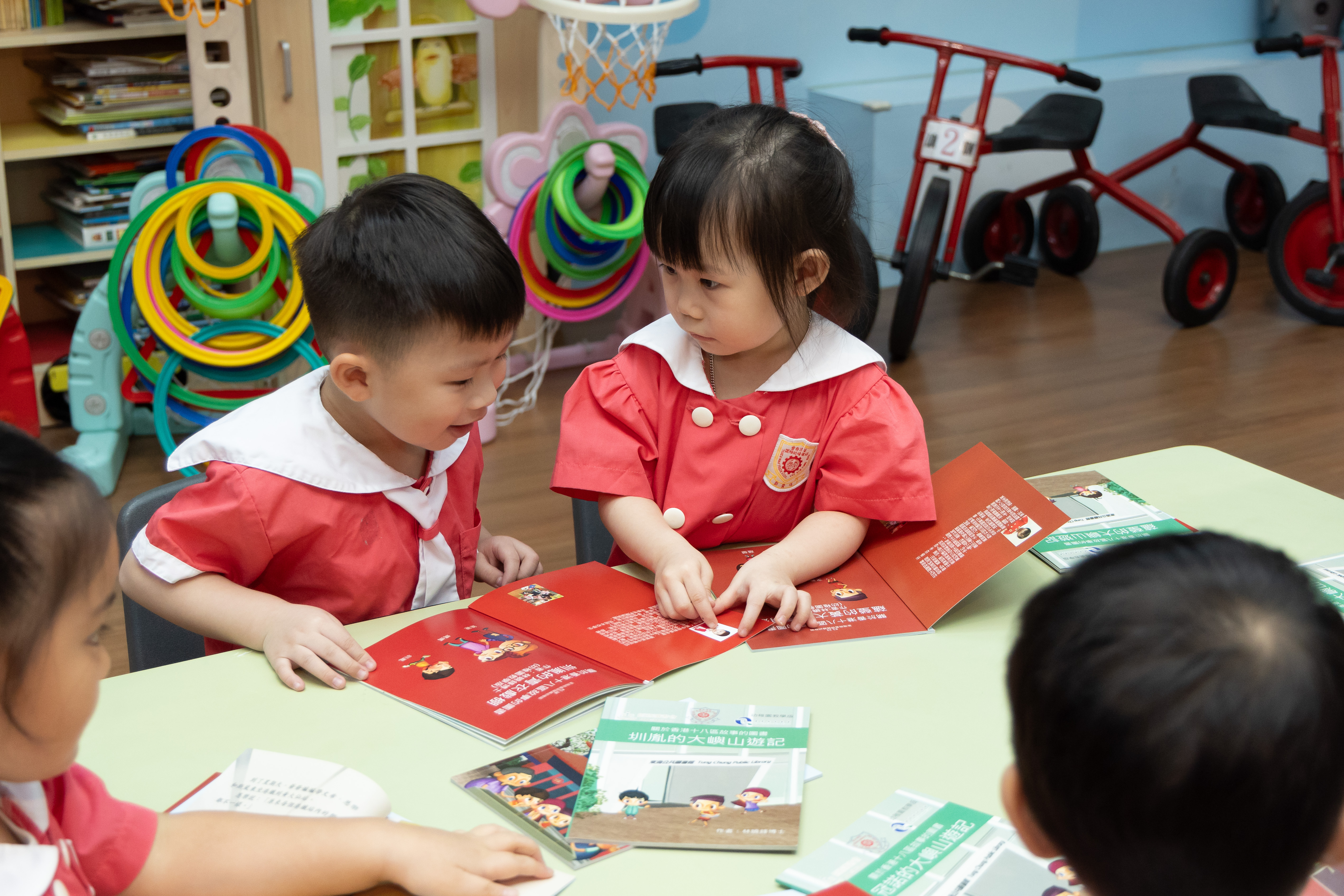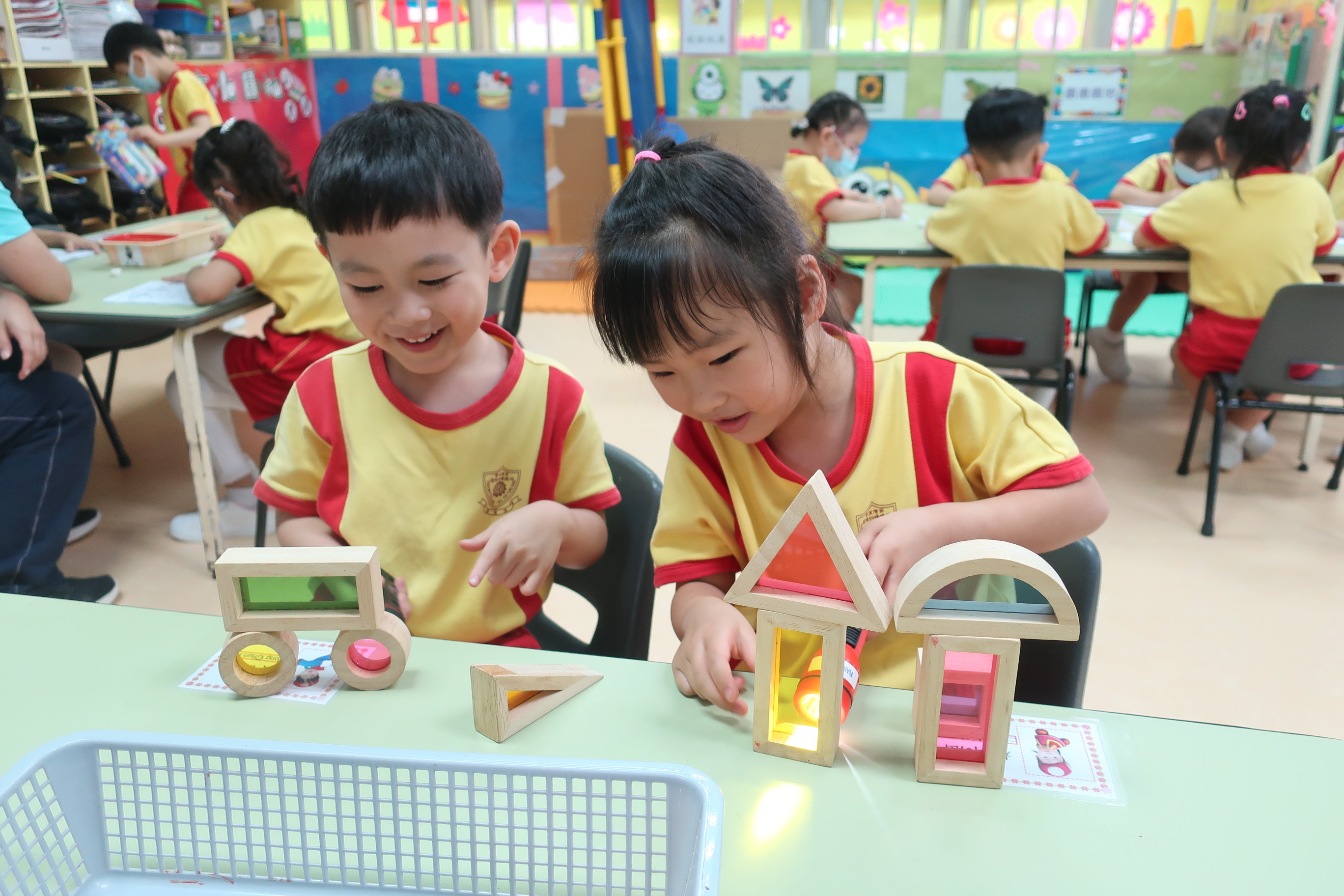
Written by: Au Ka Leung, Registered Social Worker, Hong Kong Family Welfare Society
In 2012, it was the first year of the Hong Kong Diploma of Secondary Education Examination (HKDSE). Two years prior, I was already deeply concerned about how Form 3 students and their parents were dealing with the selection of subjects and the progression to higher education. Today, some students and parents have chosen to study abroad, leaving the local education scene. Of course, most students and parents have to face these changes, and I can only guide them with the limited public information and analysis available. For me and one of the parents, this journey is one of building confidence.
This parent has been asking questions about the new education system and exams over the past two years. In fact, he has become an expert by constantly updating himself with the latest information online, yet he still frequently asks teachers and social workers if his support and guidance for his children are appropriate. Over time, I realized that he is indeed a good father, but he lacks confidence in his son and his parenting skills.
His confidence is built on his son’s academic performance, behavior, and home environment. When discussing academic performance and behavior, one might think of exam scores and the child’s attitude towards revision. But what about the home environment? Due to his long working hours, this father only returns home after 9 pm, which is dinner time. He often mentions seeing his son pretending to be relaxed and watching TV dramas upon his return. Consequently, his understanding and guidance for his son are limited to what happens at home, leading him to distrust his son’s descriptions of school learning and after-school tutoring.

As a result, “Can you let me see you studying hard?” became this father’s mantra. Although the son wanted to explain to his father, “I work hard on my homework from class until late at night, can’t I even have a break?” his response was merely, “Oh,” leaving the father with nothing but helpless worries.
“Confidence” is a curious thing; when we see our children’s grades improve and their scores go up, we naturally feel confident. But why do we need confidence for something that has already happened? The confidence in our lives is partly transformed from personal experience, but true “confidence” is about having hope and good intentions for something that has not yet happened. Do not underestimate the power of saying, “With your abilities, you can do even better,” especially when the results are not as expected. Even a simple phrase can be enough to boost a child’s self-confidence and motivation. Being trusted by others is one of the elements that strengthen positive behavior. Expressing your good intentions with positive encouragement can bring hope to your son. In the workplace, the recognition and trust from your boss and clients are enough to allow you to come home with a relaxed mood. What a 16-year-old high school student, crying, longs for from his father is “to have a quiet meal with you.”
Dear parents, you are the witnesses to your children’s growth; they are not born failures. Over the past years, you have successfully brought them into the world, helped them grow, and learn. They have made efforts to turn over, walk, and attend classes, marking your success, “With your abilities, you can do even better.” Please regain “confidence” in yourself and them, and do not give up.
 Intranet
Intranet







